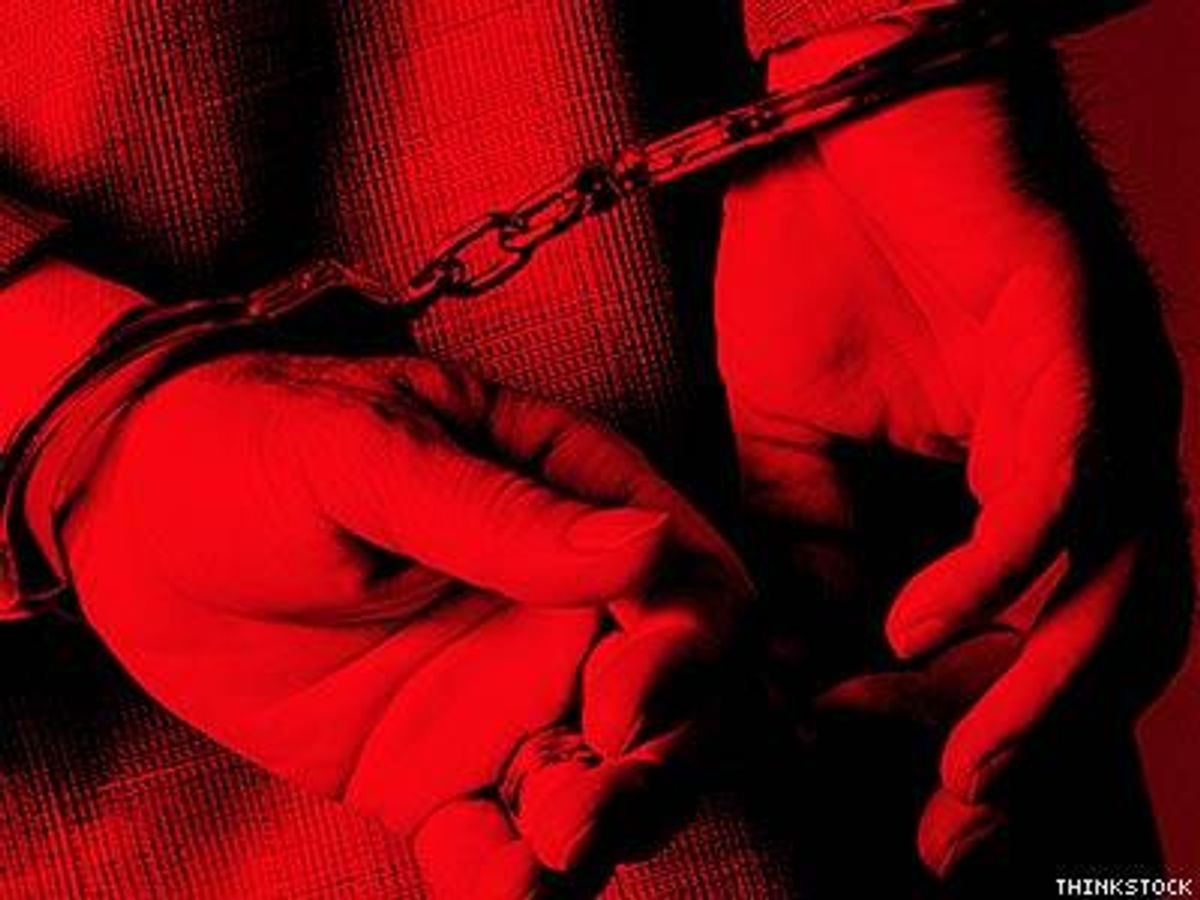So, you’re at work — doing your thing. Suddenly, there are two police officers asking for you. You know that you have a meeting with your attorney and a detective the next day; so you are a bit confused. You go out and meet the cops.
That’s when they slap the cuffs on you.
But you are not under arrest. Despite this, you are thrown in a cold jail cell with a steel metal frame bed, no mattress, and officials won’t give you a blanket. You’re held for 48 hours, and given limited access to your attorney.
That’s the nightmare one Chicago man — Mark* — faced last week during an investigation into allegations he didn’t disclose his alleged HIV-positive status to a partner. Chicago cops picked him up on what is called an investigative alert.
The thing is, the alert is extrajudicial. How much so? It requires only that a detective sign off saying they have found probable cause you committed a crime. There is no review by a prosecutor. There is no review by a judge. It’s all about what one cop thinks. That’s it.
Just in case that didn’t bother you enough, please note that the federal courts have held that it’s OK for police agencies to refuse to hire someone because they scored too high on an intelligence test.
The alerts are so bad, the Chicago Tribune reports, the FBI refuses to file them in a national database. An Illinois appellate court judge in 2012 trashed them as well.
“The extensive resources the [Chicago Police Department] has expended to outline how an investigative alert must be processed and implemented, specifically its requirement that a supervisor review and approve each alert, shows the subjective nature of such an undertaking and the CPD’s recognition that it is granting its officers a substantial power,” wrote Justice Marcus Salone in a concurring decision in the case People v. Hyland. “The goal of an investigative alert, detaining an individual for questioning, is essentially the same as that of an arrest warrant, without the constitutional safeguards. Departure from constitutional safeguards to investigate a crime was not warranted in this case, nor is it in any case.”
The use of the investigative alerts in general — and specifically in this case — raise real concerns for Brendan Beery, a constitutional and criminal law professor at Cooley Law School in Tampa, Fla.
"The ‘investigative alert’ procedures used by police are the perfect cover for detaining people just to harass them. The only remedy for a defendant in a criminal case who has been unconstitutionally seized and detained under one of these warrantless orders of seizure is to have any evidence that resulted from the seizure suppressed. So where no evidence is gathered during the illegal detention, there is no remedy at all,” says Beery in an exclusive statement to HIV Plus. “It is breathtaking that prosecutors and lawyers in Illinois, all of whom have sworn to uphold the Constitution, have allowed this practice to continue.”
“So what?” a person not living with HIV might be saying. But Beery points out this terrifying potential.
“In a case like this one, it's not clear that police wanted any evidence,” Beery says. “They could just as well have meant to embarrass, badger, or punish a person based on common stereotypes and animus. And if evidence is not what police are after, there's nothing to deter them from grabbing men perceived as being gay or HIV-positive — or any other stigmatized group, for that matter — off the streets at will and throwing into jail cells just for sport. This is what happens when police decide they're competent to be judges too.”
*Mark is not the man’s real name. I have long argued that unless both the accused and the accuser are named, it is unethical to name the charged individual. In that same vein, it is important to note that I know Mark personally. The state’s attorney was unprepared to move forward with an evidence hearing Monday morning, and the case will continue November 13.



































































